2022/2023 TOP ACCREDITED MEDICAL COURSES TO STUDY IN BENIN REPUBLIC
TOP ACCREDITED MEDICAL COURSES TO STUDY IN BENIN REPUBLIC
What are the best medical courses to study in Benin Republic?
University is a very interesting time in a young person’s life, but it still requires a lot of major choices.
Choosing the best place to study is full of dilemmas, for example, but it’s nothing compared to choosing whether to study or not. You need to think long and seriously about how your decision will affect the future of your future – a daunting possibility as you leave home for the first time.
As a result, it helps to understand what courses can be considered a solid gamble, particularly if you’re not too sure what to decide on.
The degrees on this list are all highly employable, many of which provide a versatile path to a wide range of sectors; they are also respected in sectors that are only set to rise and develop. So, if you’re unable to make up your mind, why don’t you suggest one of these nine choices?
Nursing
Deciding to become a nurse is one of the safest career options there are; everywhere you go in the country or anywhere in the world, their skills are in demand.
It’s a highly lucrative career, too, particularly if you have the right attitude and mindset, although the pay scale is also quite impressive, particularly if you want to specialize later.
In most countries, nursing has become increasingly specialized in recent years, with the conventional vocational path steadily being phased out; as a result, nurses now need degrees in order to be certified and enrolled. This indicates that there is no other practical path into the field, making a nursing degree very important.
Many countries also provide bursaries and financial assistance, particularly where there is a shortage of trained nurses in that jurisdiction. If you aspire to be a professional medical doctor, but you don’t want to go to medical school, so Nursing is an interesting and demanding choice.
Pharmacy
Pharmacy is characterized as a branch of science dealing with the preparing, dosage, dispensing, and effects (including safety) of pharmaceutical products (or medicinal products or simply drugs). Pharmacy (or Pharmaceutical Sciences) is, in a general sense, a marriage of Health Sciences and Chemistry.
Pharmacy is a degree program for people who are interested in a career in medicine but do not want to be a doctor. From drug research of pharmacy, pharmacy chemistry, drug doses, and medicinal engineering – students learn all of this. Pharmacists are the experts and health professionals who have done their studies in medicines. They can use their knowledge of medicines for the benefit of patients.
The pharmacy field can primarily be divided into three disciplines:
- Pharmaceutics
- Medicinal Chemistry & Pharmacognosy
- Pharmacy Practice
As well as working as a community or hospital pharmacist, pharmacy graduates can also find opportunities in academia, the pharmaceutical industry, and with regulatory bodies
Medical Laboratory Science
A BSc (Bachelor of Science) is an undergraduate degree that will lead to a career in the field of research. The majority of classes are focused on technology or science-related topics, but most students still learn a number of general subjects. What’s a BSc in the Surgical Laboratory? The curriculum trains students to serve as medical laboratory technicians.
Health Laboratory Science is a study of the scientific concepts underlying sciences conducted in hospital and medical research laboratories, including toxicology, hematology, histology, tissue culture, molecular biology, biochemistry, medical microbiology, human physiology, medicinal chemistry, pathology, immunology, parasitology, cytology, and instrumental analysis.
Health laboratory scientists play a significant role in helping to detect and cure diseases.
There is a growing scarcity of medical laboratory scientists all over the world. There are also several opportunities for postgraduate research, either in surgical laboratory sciences or in one of the associated health sciences, such as forensic pathology or molecular pathology.
Biochemistry
B.Sc. in Biochemistry is a three-year undergraduate program that includes an in-depth understanding of biology and chemistry in relation to the processes of plants, humans, and animals, human physiology, basic immunology, microbiology, enzymology, etc.
The key goal of the curriculum is to help students understand the complexities and processes of biological events taking place within the human body.
Knowledge obtained from the study of biochemistry is widely used in numerous sectors such as medical research, food, and processing, pharmaceuticals, pharmacy, and genetics. Applicants with an aptitude for complex biological processes and a detailed understanding of the related texts and strong science skills can take the course.
The key goal of a B.Sc in Biochemistry is to offer field-specific expertise and skills to candidates through theoretical and practical sessions. The course is an important and career-based course that opens up many bright job opportunities for them.
Health Education
B.Sc Health Education offers the expertise and information required to develop the fitness and well-being of self and others during their lifetime.
Using expertise and wellbeing concerns from the biological, environmental, psychological, educational, physical, and mental sciences, students are given the ability to apply critical skills to mitigate health risks and encourage well-being.
Health education curricula may cover a variety of subjects. These subjects can study diet and exercise for individuals, as well as for whole populations, as well as teacher preparation and communication (including obtaining a teaching license). Many associate degrees in this discipline are designed to prepare students to continue their bachelor-level studies. Master’s degrees offer more advanced analyses on which students can focus their dissertation and thesis work.
The program of research “Health Education” completely correlates to the scope and specificity of studies at the Faculty of Education, where the need of society for experts trained in pedagogy and psychology is increasing. Their role is to lead people in their interest in their own wellbeing, to improve their integrity, self-confidence, freedom, and accountability.
Microbiology
The Bachelor of Microbiology (BS) program provides students with fundamental scientific knowledge that is important to microbiology and to the application of science to problems of the real world.
Microbiology is a subject that involves microorganisms such as bacteria, viruses, fungi, protozoa, etc. B.Sc.The microbiology course is designed to provide education on the properties of microorganisms and their effects on the human body. The software also includes diseases caused by various types of bacteria and viruses.
Students who plan to explore careers in science related to the evolution and effects of microorganisms.
Biotechnology
Bachelor in Science (B.Sc) in Biotechnology is an area in applied biology involving the use of living organisms and bioprocesses in engineering, electronics, medicine, and other fields including by-products.
The course consists of the convergence of two broad subjects-Biology and Technology. In basic words, biotechnology is an area of applied biology that uses living organisms or biological processes to make scientific advancements and use them in a number of fields. It ultimately aims to increase the quality of human life and the health of the earth.
B.Sc. in Biotechnology is a three-year undergraduate course, divided into six semesters, which offers comprehensive knowledge of bi-molecular and cellular processes and teaches about the various technologies used to research them.
It covers a wide variety of topics such as genetics, molecular biology, and chemistry. It is an analysis of the molecular, chemical, and physical properties of tissues, cells, and species to produce new innovations, processes, and goods that will improve the quality of human life.
PUBLIC HEALTH
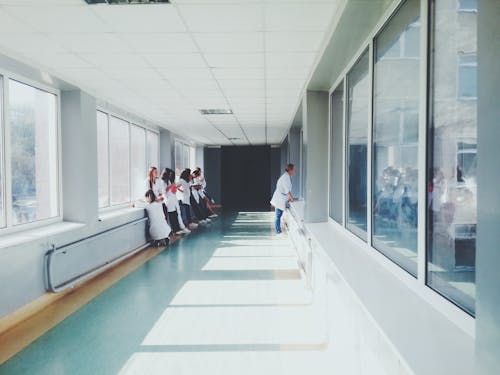
TOP ACCREDITED MEDICAL COURSES TO STUDY IN BENIN REPUBLIC
What is public health?
Public health is a science and art that promotes health, prevents disease and injury, and prolongs life through organized social efforts.
General science, genetics, economics, history, psychology, and even epidemiology are examples of classes. The coursework consists of classroom instruction as well as clinical review or, more likely, academic testing. People who want to help others improve their quality of life should think about taking this educational course.
While studying public health, students may gain skills that will be useful in a variety of situations. They tend to improve critical thinking and problem-solving skills, as well as communication and leadership skills that are useful in the workplace or in one’s personal life.
Students pursuing health-related careers in health promotion, program implementation, wellness communication, community organization, and behavioral change will be prepared for entry-level and mid-level roles in government services, public health agencies, faith-based groups, outreach initiatives, hospitals, and private health organizations.
The B.Sc. The Public Health curriculum is intended to cater to students with an interest in “community” rather than “individual” wellbeing.
Food Processing and Technology
Food Technology is a research division dealing with the techniques used in the production, manufacturing, preservation, packaging, labeling, quality control, and delivery of food products. The area also includes methods and procedures that are used to turn raw materials into food. Extensive testing continues on to render agricultural goods both edible and nutritious.
As long as we’re concerned about the dimensions of food technology, we need experts in this area. And this has contributed to the rise of courses in food science. There are a plethora of options for students who want to take a course in food technology.
Food Technology is concerned with the study of the processing, storage, and improvisation of food and its quality with science technology. Food technology students have a chance to explore new technologies every now and then that will allow them to do more research in food science.
B.Sc Food Technology graduates study herbs, rice, beef, fruit, vegetables, and all other things that can be called food.
The length of the course shall be three years. In the course of the research, candidates are presented with a strong scientific base in chemistry, microbiology, biochemistry, and physical sciences, along with knowledge of the production and formulation of agricultural raw materials into healthy and nutritious food items.
Graduates or postgraduates may pursue employment in a variety of fields, such as restaurants, catering establishments, hospitals, food processing firms, etc.
Pharmaceutical Engineering
Perhaps there is no better time to be a scientist or engineer interested in pharmaceutical production.
Current medicine development depends on the work of chemical engineers and scientists, helping to find and produce experimental medicines and therapies, handling materials, protecting the environment, and monitoring health and safety practices.
This method of chemical engineering allows for an in-depth understanding of the chemical processes and also of the products arising from chemical reactions. The partnership between the Chemical Engineering Department and the *Pharmacy Department is extremely timely, as UK producers are announcing an enormous number of new products that they plan to sell.
During the course, you can discover how the basic preparations of the active ingredients have been added in a healthy and cost-effective manner. These formulations would need bulk processing to satisfy global specifications Chemistry engineers would learn how to modify chemistry, biochemical feedstocks in order to produce a variety of complex and efficient biologically active items.
The Course Involves The Chemistry, Engineering, And Action Of Current And Novel Medicines.
At each step of the course, you can research the center of the major pillars of Chemistry (Inorganic, Biological, Physical and Analytical Chemistry) along with selected aspects of Pharmaceutical Science.
The program also offers a rare platform for students interested in exploring careers in other related fields, including chemistry, biotechnology, life sciences, nutraceuticals, flavorings, and fragrances.
RELATED LINKS
2022/2023 TOP 10 ACCREDITED MEDICAL COURSES TO STUDY IN BENIN REPUBLIC
Fun Facts About Benin Republic – Soccer, Tourism, and Democracy!

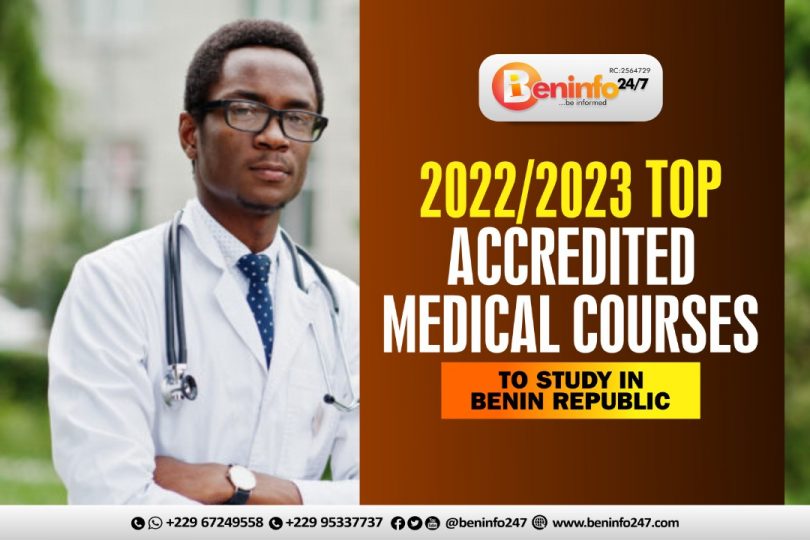
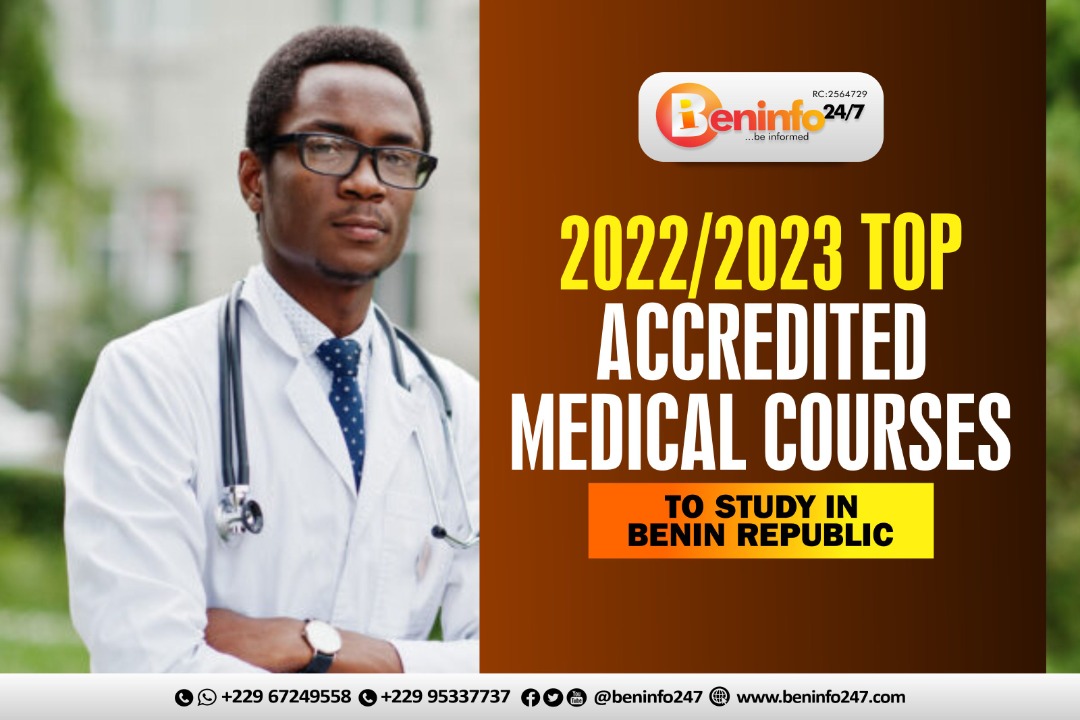


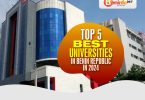
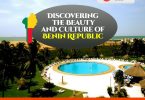



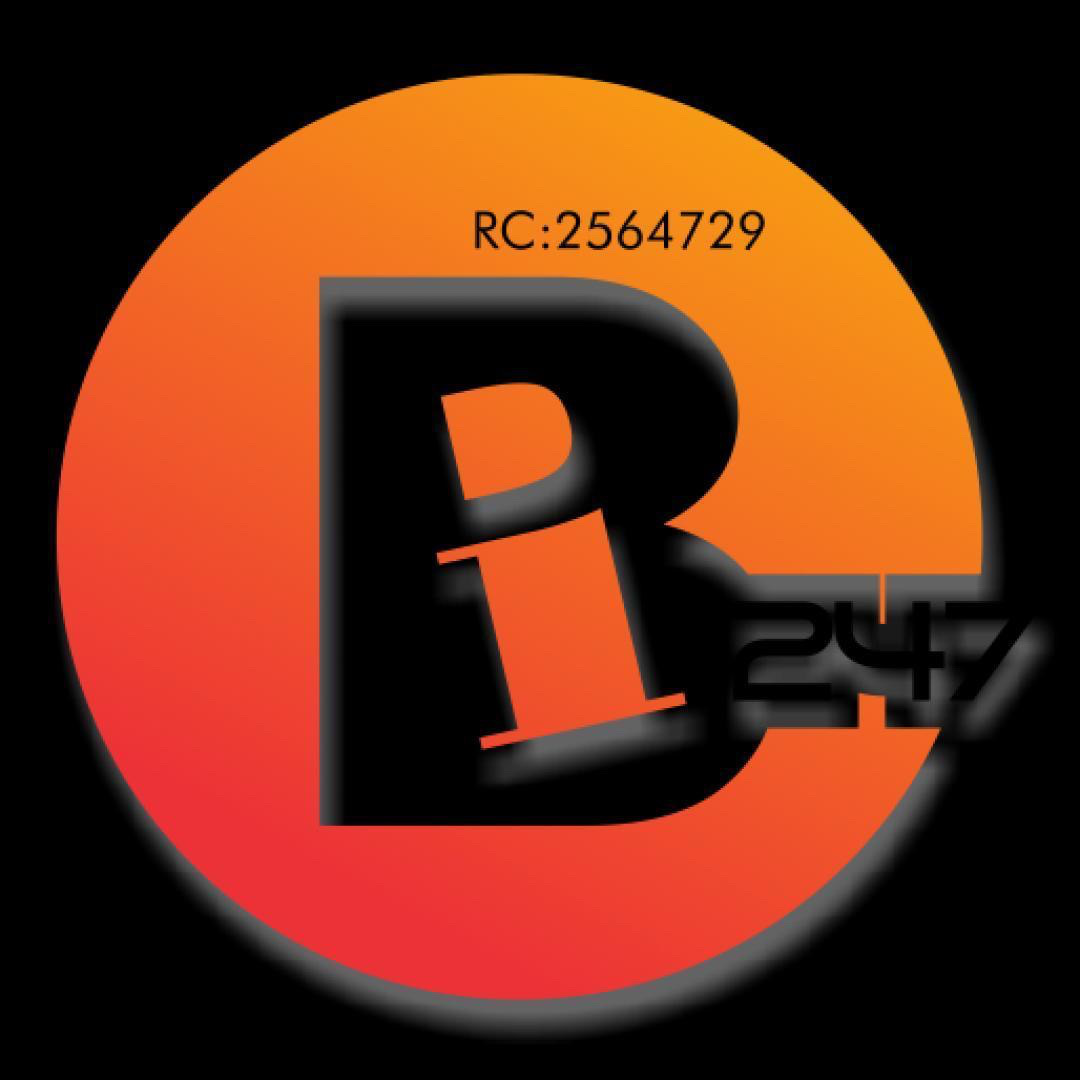
 Protected by Patchstack
Protected by Patchstack